Universidad Partenón de Cozumel is a private university in Mexico. Currently, there is limited public information about the school. The following is an introduction based on the existing information:
Introduction and Overview: The school is located in Cozumel, Quintana Roo, Mexico, a small city with a population of 50,000 to 249,900. The school is coeducational and offers courses and programs in multiple fields. Students can obtain officially recognized higher education degrees after completing their studies. The school also has academic facilities such as libraries, as well as administrative services departments to support students' learning and campus life.
History and Establishment: The school was established in 1996. In the course of more than 20 years of development, it has gradually built its own education system, continuously expanded its professional settings and improved its teaching service level, and occupied a certain position in the local education field.
School Strength: In the 2024 ranking of the 4ICU website, the school ranked 13062 in the world and 474 in Mexico. This ranking reflects that its comprehensive influence in the international arena is relatively limited, but it has a certain reputation in China. At present, there is a lack of specific information on the school's faculty, scientific research results, teaching facilities, etc., making it difficult to fully evaluate its school-running strength, but judging from the degree courses it offers, it has basic teaching capabilities and professional setting foundations.
Nature of the institution: It is a private higher education institution. Compared with public universities, private universities mainly rely on tuition fees, corporate funding and donations, etc. for funding sources, have greater autonomy in operations, and may be more flexible in curriculum setting, admissions policies and teaching models, and can quickly adapt to changes in market demand and educational trends.
Educational philosophy: There is currently no official and clear explanation of the educational philosophy. However, private universities usually focus on cultivating students' professional skills and practical abilities to improve students' employment competitiveness. They may emphasize the combination of theory and practice, pay attention to industry trends, and closely connect students' knowledge with actual work needs.
Key laboratories and disciplines, departments: The school offers a wide range of disciplines, including arts and humanities (such as English, Europe, French, Italy, Middle East studies, etc.), business and social sciences, medicine and health (including dermatology, medical surgery, nursing and other sub-specialties), science and technology (such as chemistry, computer information technology, energy and environmental research, etc.), engineering (such as architectural engineering, biomedical engineering), etc. There is no relevant information about the division of key laboratories and departments, but combined with its subject settings, it is speculated that professional laboratories may be equipped in the fields of medicine and health, science and technology, engineering, etc. to meet the needs of teaching practice and scientific research.
Ranking: According to the 2024 data of the 4ICU website, it ranks 13062nd among universities in the world and 474th in Mexico. The school has not been found in the international authoritative QS, THE and other university rankings, which may be related to factors such as school size, scientific research investment, and international influence.
Cost: Tuition information has not yet been announced. Generally speaking, private university tuition fees are higher than public universities, and international student tuition fees are usually higher than local students. The tuition pricing may be affected by factors such as major and course level (undergraduate or graduate). In addition to tuition, students also need to bear other expenses such as book fees, accommodation fees, living expenses, etc.
Campus environment: There is no detailed introduction to the campus environment. However, private universities usually pay attention to the construction of campus environment to attract students. There may be modern teaching buildings on campus, equipped with multimedia classrooms, professional laboratories and other teaching facilities; the library has a rich collection of books, journals and electronic resources to meet students' learning and research needs. In terms of living facilities, student dormitories may be provided, and there may also be dining and shopping places around to facilitate students' daily life. In addition, there may also be sports stadiums, activity centers, etc. to enrich students' extracurricular life.
-

National Autonomous University of Mexico
-

Anahuac University of North Mexico
-
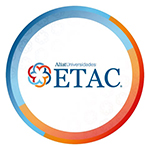
Universidad ETAC
-
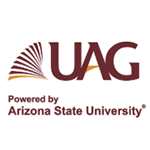
Universidad Autonoma de Guadalajara
-
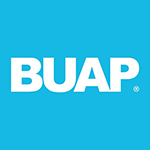
Meritorious Autonomous University of Puebla
-
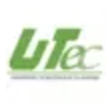
Technological University of Tulancingo
-

Technological University of Huejotzingo
-

Autonomous University of Sinaloa
-
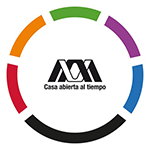
Metropolitan Autonomous University
-
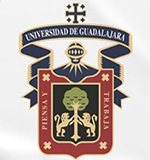
University of Guadalajara
-

Mesoamerican University
-

Istmo University
-

Mariano Galvez University of Guatemala
-

Regional University of Guatemala
-

Galileo University
-

Francisco Marroquín University
-

Rafael Landívar University
-

University of the Valley of Guatemala
-

University of San Carlos of Guatemala
-

Technological Institute of Tlaxcala Plateau
-

Golfo University
-

Technological University of South Sonora
-

Technological University of Huejotzingo
-

Tizimín Institute of Technology
-

Chilpancingo Institute of Technology

